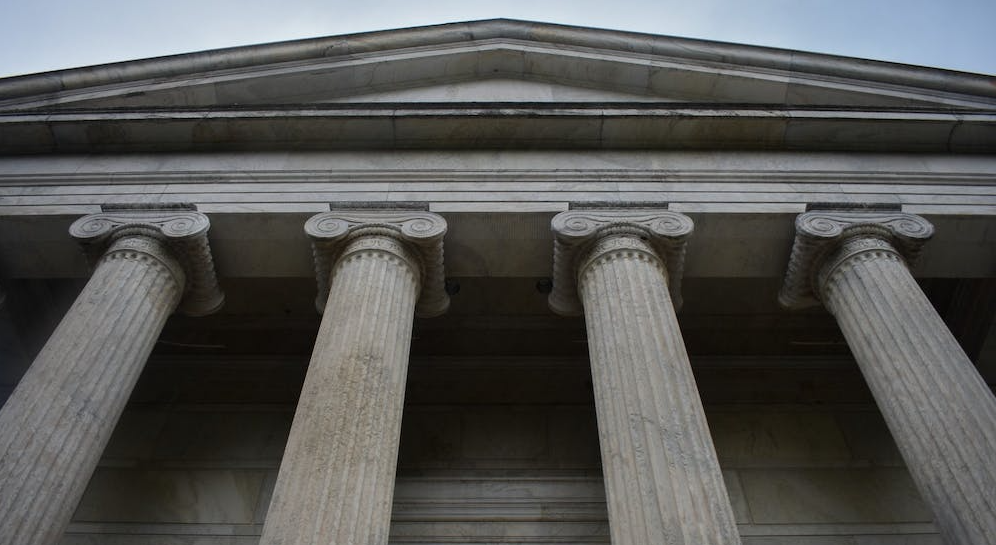Your Cart is Empty
Aaron Hillegass attended New College of Florida as an undergraduate, had a successful career as a software engineer, and returned to the school this January to teach in its new data science program. But there was one problem for him: Florida governor Ron DeSantis. On Saturday, he resigned, releasing a dramatic public statement that compared DeSantis with the perpetrators of the Holocaust.
These stunts are designed to drive left-wing media narratives (“Professor Resigns in Protest of DeSantis’s Fascism”) and to boost the profiles of their attention-seeking authors. The playbook is well-worn, and yet Hillegass, a data scientist, made a simple mistake. In his rhetoric about “burn[ing] the college’s buildings to the ground,” he revealed the ugly truth about modern “anti-fascism”: it believes that violence against the right targets is perfectly legitimate.
Harvard University has more than 100 students who are in the Reserve Officer Training Corps. They will get their diploma and then put their life on the line for their country, serving under a secretary of defense, if he is still in his job by spring, who has nothing but contempt for their education and their alma mater.
In a statement issued on Friday, Pete Hegseth charged that Harvard is graduating officers with “heads full of globalist and radical ideologies that do not improve our fighting ranks.” He declared that the Pentagon would cut all ties with Harvard and its programs.
The University of California, Los Angeles, is the latest university to fire an employee for making negative comments about Charlie Kirk after his killing last fall, the Los Angeles Times reported.
After a gunman killed right-wing influencer Charlie Kirk during an event at Utah Valley University last September, Johnathan Perkins, director of Race and Equity at UCLA, shared his reaction in a series of posts on Bluesky. “Good riddance,” read one; “It is OKAY to be happy when someone who hated you and called for your people’s death dies—even if they are murdered,” read another. And finally, “I’m always glad when bigots die.”
Click here for link to full article
The U.S. Department of Education will continue to target diversity, equity and inclusion programs in colleges and schools under Title VI despite a court block on its controversial anti-DEI Dear Colleague letter.
That letter, issued a year ago, announced the department’s policy interpreting Title VI — which protects students from discrimination based on race, ethnicity and national origin — to prohibit DEI programs. It said some college and schools’ race-based equity programs discriminate against White and Asian students and could result in federal funding loss.



